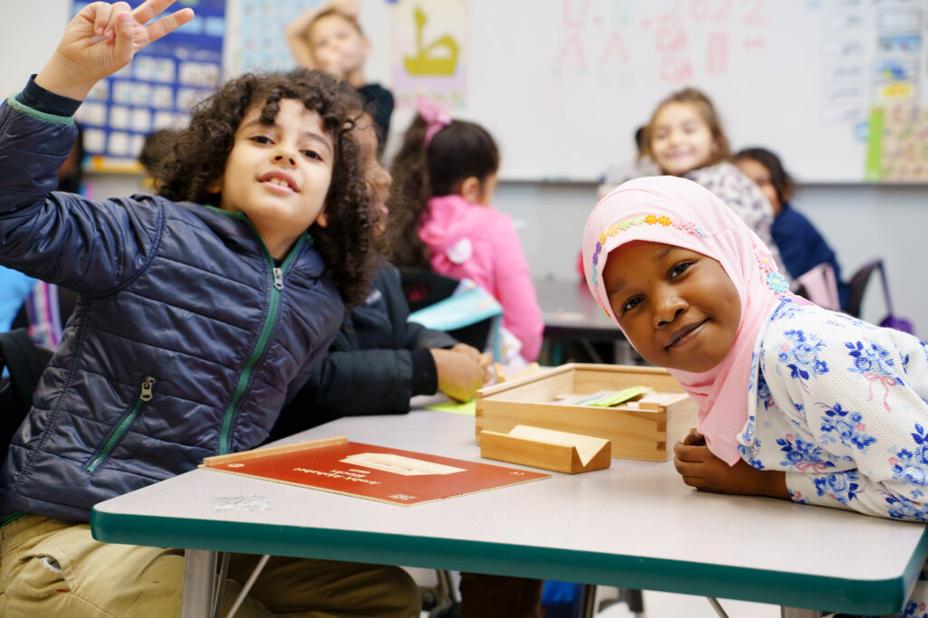
Something went Wrong
Try entering your email again or contact us at support@qfi.org
Try entering your email again or contact us at support@qfi.org
You’ll receive an email with a confirmation link soon.
Apr 29, 2024
Many students of Arabic are non-native speakers and have little-to-no prior personal connection with the language. But for another group of language learners, Arabic is a “heritage” or “home” language. While most Arabic language learning resources are catered to non-native speakers, heritage language learners (HLLs) of Arabic have valuable background knowledge, skills, and interests that extend beyond what textbooks can teach them.
Much of the information below is drawn from the Heritage Arabic eBook (HAeB) by City University of New York’s Institute for Language Education in Transcultural Context.
A heritage language learner of Arabic is someone who:
This definition is based off a commonly accepted description provided by Valdés (2001). In addition to these qualifications, a HLL may also have an affinity with the language through a cultural background, grow up in an Arabic-speaking country but learn a different language in school, or learn the language for religious purposes.
Although students may have different or multiple reasons, three of the more frequent reasons why heritage HLLs choose to learn Arabic are:
Because HLLs have some prior exposure to Arabic in addition to the majority language where they live, they generally have more advanced vocabularies and speaking and listening comprehension skills than their non-native peers.
HLLs will also likely have deeper cultural knowledge and experiences that they can share with their peers.
2. HLLs will likely feel most comfortable with familiar themes; push their Arabic skills further by introducing new topics for discussion and thus expanding their vocabulary.
3. Most HLLs are familiar with a dialect but not as familiar with MSA. This dialectical knowledge is valuable and beneficial; dialects help students learn MSA due to much shared vocabulary, phonology, and syntax.
Many studies emphasize the importance of HLLs recognizing their knowledge of an Arabic dialect as a resource rather than a problem. See SALaMA’s recent publication “Opportunities and Obstacles for Achieving Language Equity among Adolescents Resettled from the Middle East and North Africa.”
4. Textbooks are often catered toward non-native Arabic speakers, and HLLs often find such content boring, stereotypical, or too easy, even if they do not fully grasp the grammatical concepts. Use authentic resources or allow HLLs to explore and share their own cultural experiences with the class instead.
5. Be clear as to the goal of learning Arabic for heritage language learners. What will they as an Arabic speaker get out of taking an Arabic class?
In some cases, teachers with many HLLs have opened separate classes just for their students, while other teachers have only a couple HLL students per class. These contexts can also dramatically impact teaching methods and students’ experiences in a classroom.
Let’s keep the conversation going!
Teachers, we want to hear from you! Share your experiences, tips and resources for teaching heritage language learners.
Write a comment

